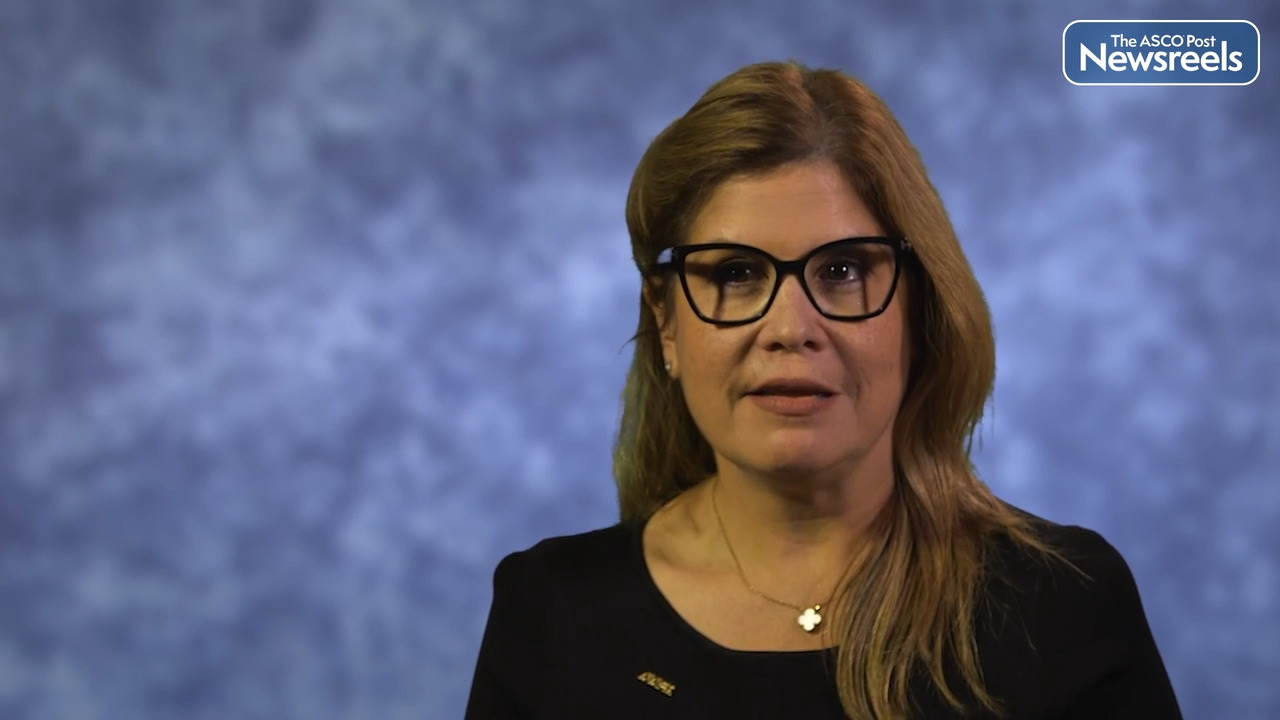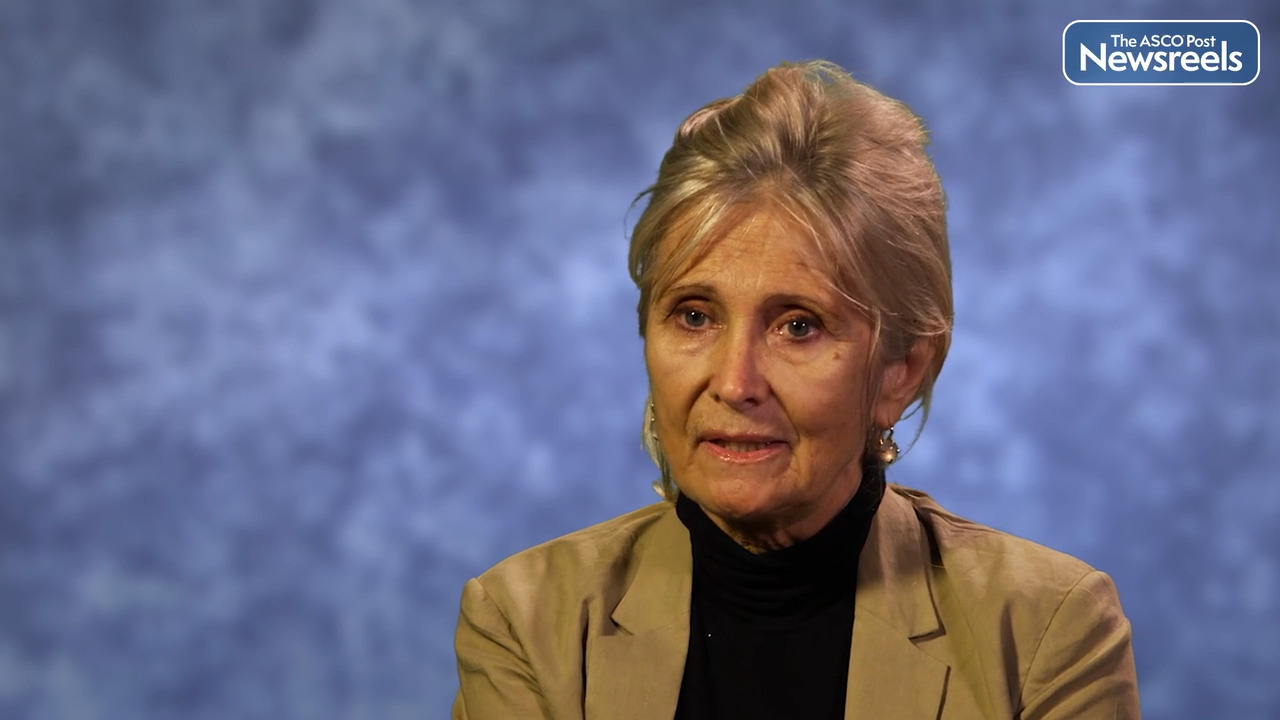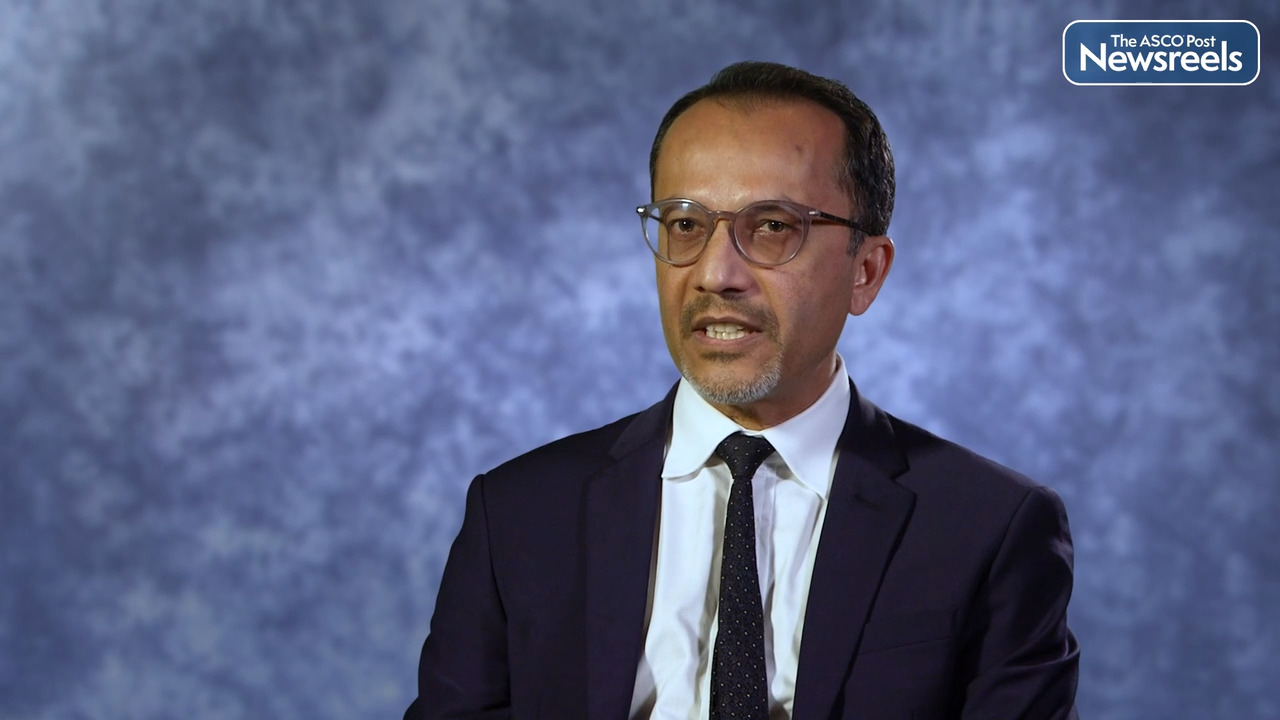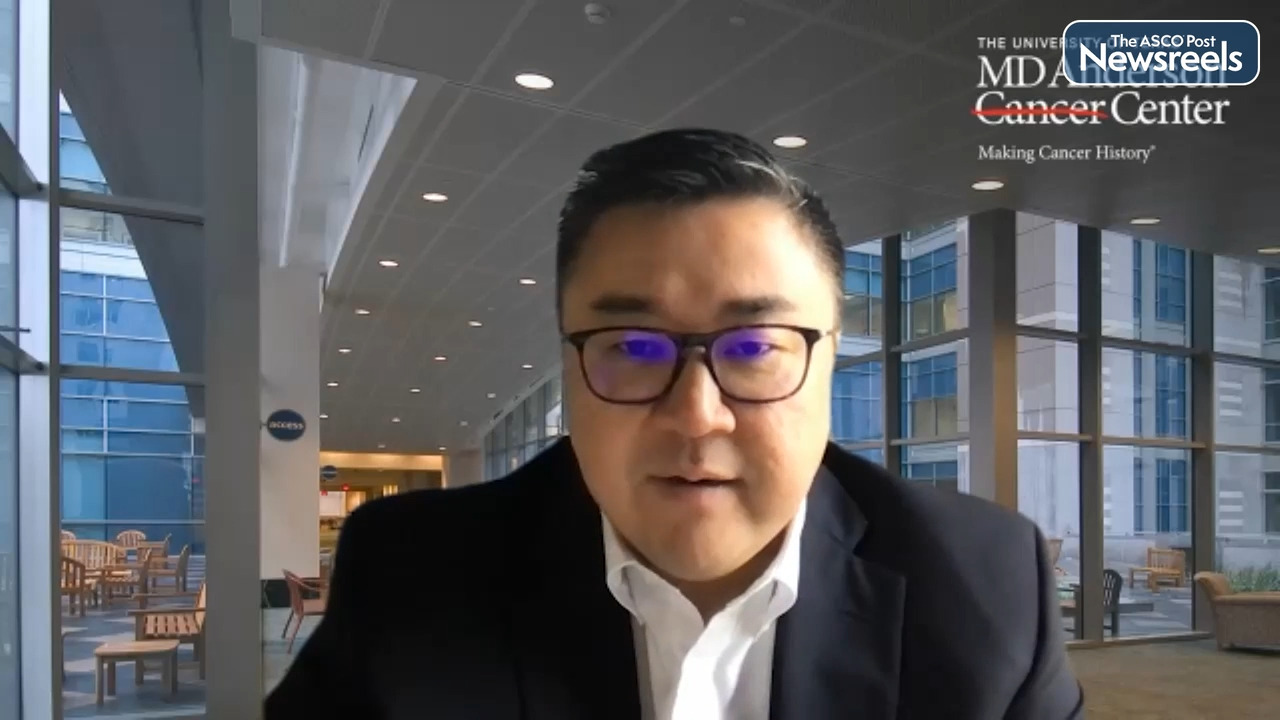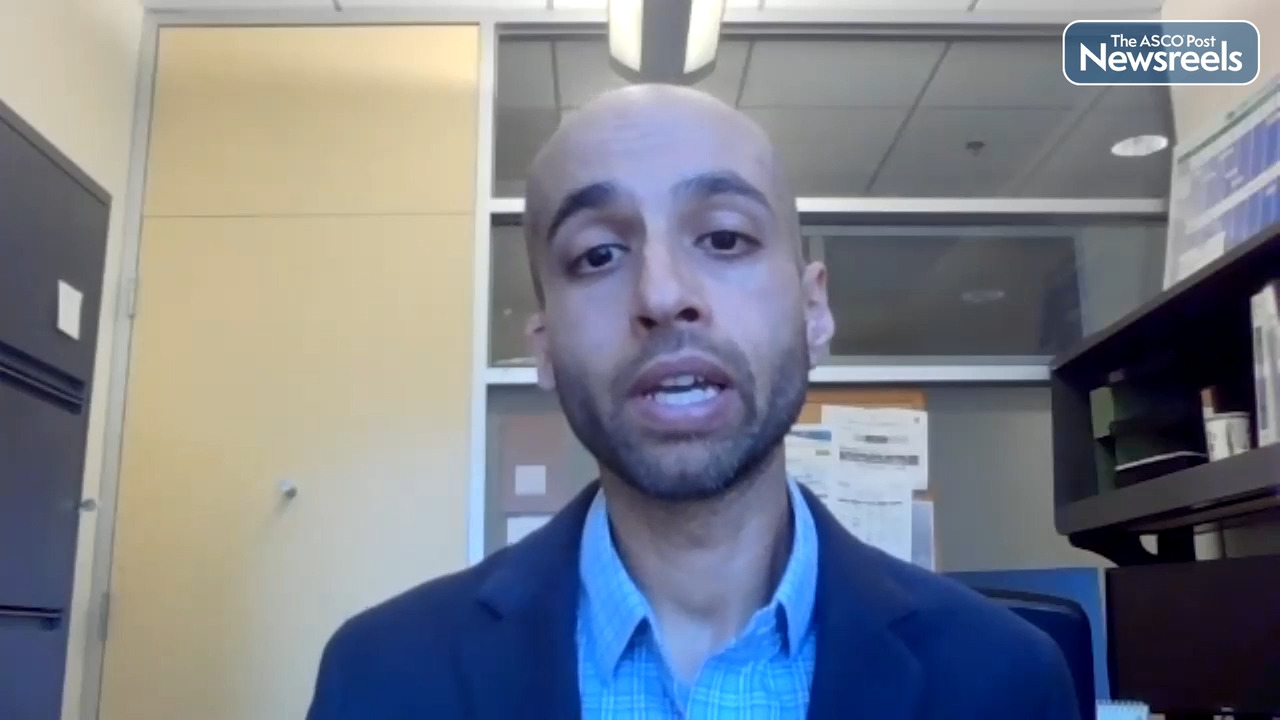Charles L. Sawyers, MD, on Transforming Patient Outcomes: The Future of Cancer Research
AACR Annual Meeting 2022
Charles L. Sawyers, MD, of Memorial Sloan Kettering Cancer Center, discusses the battle against treatment resistance and how to overcome it, as well as the power of observational clinical data in precision oncology, derived largely from his experience with Project GENIE, and the role of genetic ancestry (Abstract PL02).
The ASCO Post Staff
Marcia R. Cruz-Correa, MD, PhD, of the University of Puerto Rico Comprehensive Cancer Center, discusses a way to possibly transform cancer outcomes by teaming up basic scientists, clinical researchers, and community advocates to work together, decode the complexity of cancer, and find points at which to intervene in the development of tumor cells. One strong focus is on communities disproportionately affected based on their genomic ancestry, geographic location, and ethnicity (Abstract PL06).
The ASCO Post Staff
Silvia C. Formenti, MD, of Weill Cornell Medicine, discusses research on the best way to integrate radiotherapy with immune modifiers, which might require changes in standard radiation oncology practices. Variables such as the type of treatment fields, the inclusion of draining nodal stations, the degree of exposure of circulating immune cells, the type of dose fractionation, and the timing of radiotherapy during immune checkpoint blockade all can affect the success of immunoradiotherapy combinations (Abstract SY43).
The ASCO Post Staff
Gulam A. Manji, MD, PhD, of Columbia University Medical Center, discusses phase II results on perioperative combination chemotherapy and pembrolizumab in patients with resectable gastric cancer. The combination appeared to result in many complete pathologic responses (Abstract CT009).
The ASCO Post Staff
Timothy A. Yap, MBBS, PhD, of The University of Texas MD Anderson Cancer Center, discusses how research is building on the success of first-generation PARP inhibitors in the clinic and the potential of novel potent PARP1-selective inhibitors, which may lead to improved patient outcomes. Given recent advances in drug discovery, says Dr. Yap, we now can go beyond PARP by drugging other key DNA damage response targets in the clinic, including ATR, WEE1, DNA-PK, RAD51, POLQ, and USP1.
The ASCO Post Staff
Gautam Mehta, MD, of the U.S. Food and Drug Administration, discusses how accelerated approval of potentially life-saving cancer therapies has been applied in precision oncology. Although “fast-tracking” drugs presents opportunities and challenges, one possible measure of the program’s success is the fact that, to date, no solid tumor accelerated-approval indications have been withdrawn (Abstract DC06).
